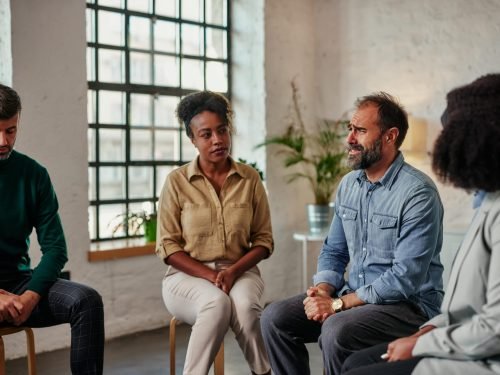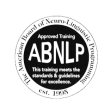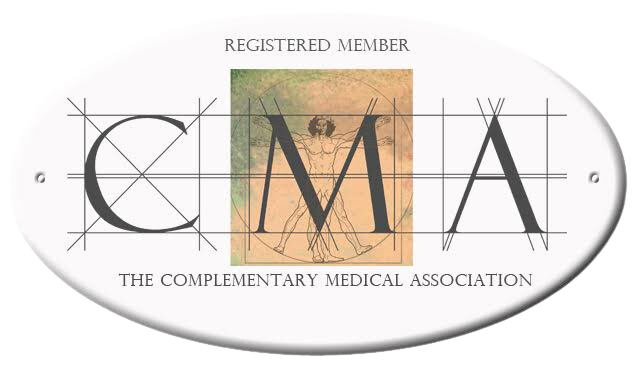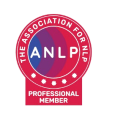
In the intricate tapestry of human relationships, communication stands as both a fundamental thread and a common fray point. Misunderstandings, unspoken grievances, and emotional blockages can gradually erode the foundation of any relationship. Relationship therapy techniques offer structured and evidence-based methods to address these challenges, fostering healthier and more effective communication between partners.
Introduction
Communication is the lifeblood of any relationship. When two people can effectively express their thoughts, feelings, and needs, they are more likely to build a strong, enduring bond. However, even the most committed couples can struggle with communication issues. Relationship therapy techniques provide tools and strategies to improve these dynamics, ensuring that both partners feel heard, understood, and valued.
Understanding Relationship Therapy Techniques
What Are Relationship Therapy Techniques?
Relationship therapy techniques encompass a range of approaches and interventions used by therapists to help couples improve their communication, resolve conflicts, and strengthen their relationship. These techniques are grounded in psychological theories and have been refined through research and clinical practice.
The Role of a Therapist
A therapist acts as a neutral third party who facilitates conversations, provides insights, and teaches skills that couples can use to enhance their communication. Therapists help couples identify patterns in their interactions that may be contributing to their issues and guide them in developing healthier ways of relating to each other.
Common Issues Addressed in Relationship Therapy
Communication Breakdown
One of the most common issues in relationships is a breakdown in communication. This can manifest as frequent arguments, misunderstandings, or a general sense of disconnection. Relationship therapy techniques aim to rebuild these lines of communication, fostering open and honest dialogue.
Unresolved Conflicts
Many couples come to therapy with unresolved conflicts that have festered over time. These might involve differences in values, parenting styles, financial decisions, or past hurts. Therapy provides a safe space to explore these conflicts and work towards resolution.
Emotional Distance
Emotional distance can develop in relationships for various reasons, including busy lifestyles, stress, or past traumas. Therapy techniques help couples reconnect emotionally, ensuring that they feel close and supported by each other.
Effective Relationship Therapy Techniques
Active Listening
Active listening is a fundamental therapy technique that involves fully concentrating, understanding, responding, and remembering what the other person is saying. This technique encourages partners to listen without interrupting, reflect on what they’ve heard, and respond thoughtfully.
Emotionally Focused Therapy (EFT)
Emotionally Focused Therapy focuses on helping couples understand and transform their emotional responses to each other. EFT aims to create secure emotional bonds by helping partners express their needs and fears in a way that fosters empathy and connection.
Cognitive-Behavioural Therapy (CBT)
Cognitive-Behavioural Therapy is used to address negative thought patterns and behaviours that affect communication. CBT helps couples identify and change unhelpful thoughts and behaviours, replacing them with more constructive and positive ones.
Gottman Method
The Gottman Method is a structured, goal-oriented therapy technique that focuses on building relationship skills. This method involves assessing the relationship, teaching skills like conflict management and communication, and working on building a deeper connection and understanding.
Narrative Therapy
Narrative therapy helps couples reframe their problems by viewing them as separate from their identity. This technique encourages partners to tell their stories and see their issues from a different perspective, fostering a sense of agency and possibility for change.
Mindfulness-Based Therapy
Mindfulness-based therapy incorporates mindfulness practices to help couples stay present and focused during interactions. This technique reduces stress and emotional reactivity, allowing partners to communicate more effectively and with greater empathy.
The Benefits of Relationship Therapy Techniques
Enhanced Communication Skills
Therapy techniques teach couples how to communicate more effectively. By learning to listen actively, express themselves clearly, and resolve conflicts constructively, couples can improve their overall relationship satisfaction.
Stronger Emotional Bonds
Relationship therapy techniques help couples understand and respond to each other’s emotional needs. This strengthens their emotional bond and fosters a sense of security and intimacy in the relationship.
Conflict Resolution
Therapy provides couples with tools to manage and resolve conflicts. By addressing issues in a constructive manner, couples can prevent small disagreements from escalating into major problems.
Increased Empathy and Understanding
Through therapy, couples develop greater empathy and understanding for each other’s perspectives and experiences. This helps them navigate challenges with compassion and support.
Practical Applications of Relationship Therapy Techniques
Building Trust Through Consistent Communication
Consistent and honest communication is key to building and maintaining trust in a relationship. Therapy techniques help couples establish regular check-ins, where they can discuss their feelings, concerns, and goals openly.
Creating a Safe Space for Vulnerability
A safe and supportive environment is essential for partners to express their vulnerabilities. Therapy encourages couples to create this space for each other, allowing them to share their fears and insecurities without judgment.
Developing Problem-Solving Skills
Effective problem-solving skills are crucial for navigating the inevitable challenges that arise in relationships. Therapy teaches couples how to approach problems collaboratively, finding solutions that work for both partners.
Setting Boundaries and Respecting Them
Setting and respecting boundaries is vital for a healthy relationship. Therapy helps couples understand the importance of boundaries and how to communicate them effectively, ensuring that both partners feel respected and valued.
Practical Exercises for Couples
Reflective Listening Exercise
In this exercise, one partner speaks while the other listens and then reflects back what they heard. This helps ensure that both partners feel understood and can clarify any misunderstandings.
Daily Check-In Ritual
Couples can establish a daily check-in ritual where they take a few minutes to share their thoughts and feelings. This helps maintain a connection and address any issues before they escalate.
Gratitude Journals
Keeping a gratitude journal allows partners to focus on the positive aspects of their relationship. Sharing these entries with each other can foster appreciation and strengthen their bond.
Conflict Resolution Plan
Creating a conflict resolution plan helps couples address disagreements in a structured and constructive way. This plan might include steps like taking a break if emotions run high, using “I” statements, and brainstorming solutions together.
FAQs
How do relationship therapy techniques improve communication?
Relationship therapy techniques improve communication by teaching couples how to listen actively, express themselves clearly, and resolve conflicts constructively. These techniques foster a deeper understanding and empathy between partners, enhancing their overall communication.
What is the role of a therapist in relationship therapy?
A therapist acts as a neutral facilitator who helps couples identify and address their communication issues. They provide insights, teach skills, and guide couples in developing healthier ways of relating to each other.
Can relationship therapy techniques help with emotional distance?
Yes, therapy techniques can help couples reconnect emotionally. By addressing underlying issues and fostering open communication, couples can reduce emotional distance and strengthen their bond.
What is the Gottman Method?
The Gottman Method is a structured therapy technique that focuses on building relationship skills, such as conflict management and communication. It involves assessing the relationship and working on developing a deeper connection and understanding between partners.
How can mindfulness-based therapy benefit couples?
Mindfulness-based therapy helps couples stay present and focused during interactions, reducing stress and emotional reactivity. This allows partners to communicate more effectively and with greater empathy.
Are there practical exercises couples can do to improve communication?
Yes, practical exercises like reflective listening, daily check-ins, gratitude journals, and conflict resolution plans can help couples improve their communication and strengthen their relationship.
Conclusion
Relationship therapy techniques provide valuable tools for couples looking to improve their communication and strengthen their bond. By addressing key issues and fostering open, honest dialogue, these techniques help partners build a healthier, more fulfilling relationship. Whether through active listening, cognitive-behavioural therapy, or mindfulness practices, couples can develop the skills they need to navigate challenges and deepen their connection. Investing in relationship therapy can be a transformative step towards a happier, more resilient partnership.








